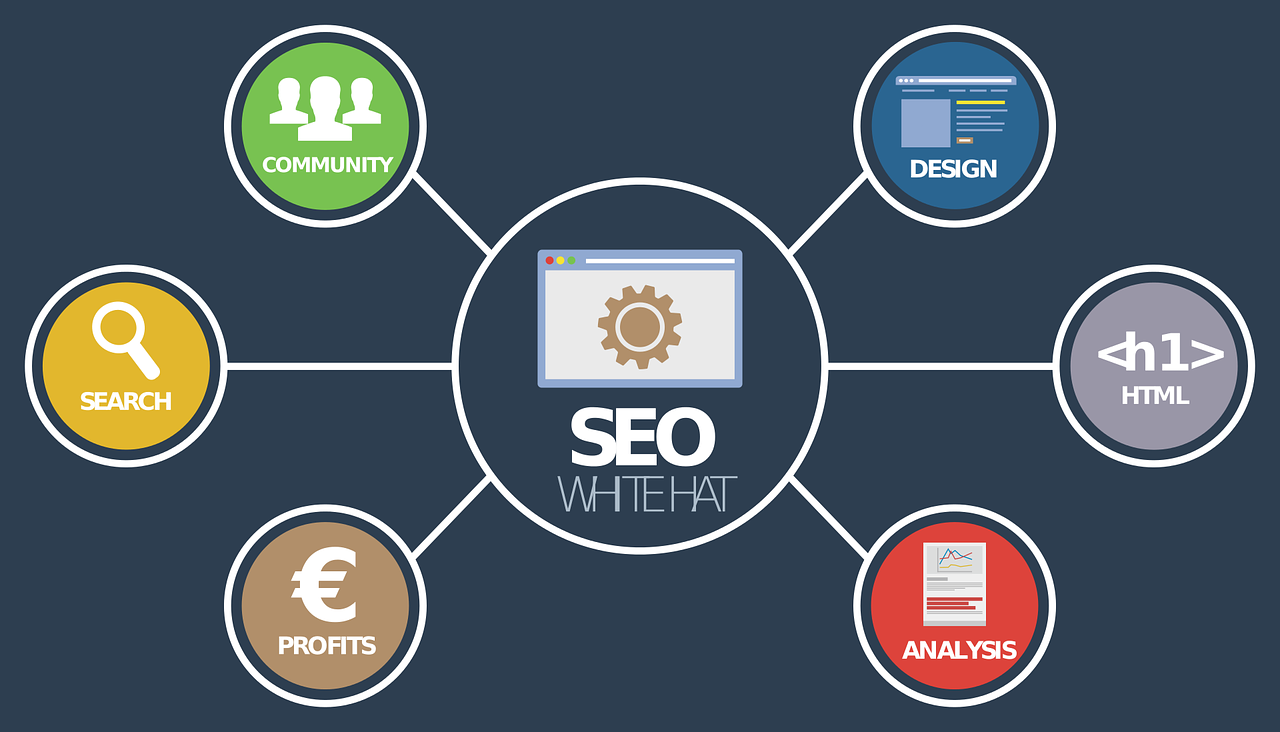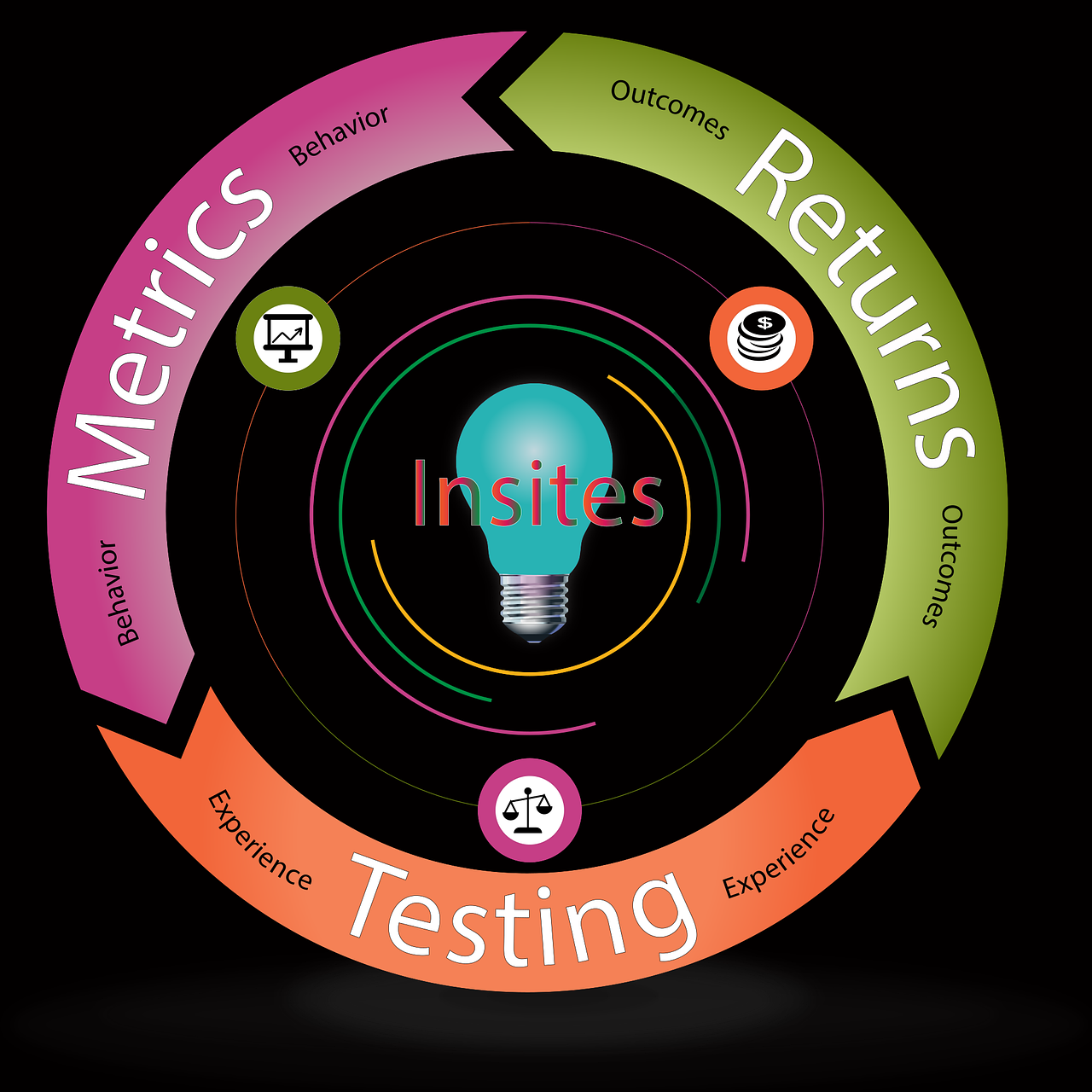You’ve heard all the SEO buzzwords: backlinks, rankings, authority, trust, but what’s this "white hat link building" everyone’s raving about? And who is Ben A Roo, and why is he becoming a favorite among ethical SEOs?
Well, grab your notepad. Because today, we’re diving deep into the powerful world of ethical SEO with one of its most respected rising figures, Ben A Roo a digital strategist known for building powerful backlink profiles the right way.

Understanding the Basics of White Hat Link Building
What Is White Hat Link Building?
White hat link building is all about getting backlinks an ethical, Google-approved way. No spammy hacks. No shady tricks. Just authentic, high-value links earned through quality content, relationships, and relevance.
Why It Matters
Backlinks are still one of Google’s top ranking factors. A single high-quality backlink can do more for your rankings than 100 low-grade ones. But they have to be earned, not bought or faked.
White Hat vs. Black Hat SEO
Let’s make this clear:
● White Hat = Safe, long-term, and Google-friendly.
● Black Hat = Risky, short-term, and potentially disastrous.
● Gray Hat = Somewhere in the middle — still dangerous.
Want to play the long game and avoid penalties? Stick to a white hat
Google’s Official View
Google's Search Central guidelines strongly discourage manipulative link schemes. Instead, they reward content that earns links naturally through usefulness and originality.
Ben A Roo’s Approach to White Hat SEO
The Story Behind Ben A Roo
Ben didn’t start out as an SEO wizard. He was a self-taught marketer with a passion for doing things ethically and effectively. He believed in playing the long game building real authority rather than chasing shortcuts.
His SEO Philosophy
Ben's motto? “If you wouldn’t be proud to show your backlink to your grandma, don’t build it.”
His process is built around:
● Valuable content
● Niche authority
● Strategic outreach
● No nonsense
Success That Speaks Volumes
Ben’s strategies have helped countless small businesses and startups rank on page one. His case studies are featured on platforms like Ahrefs, Moz, and BuzzSumo.

Ben A Roo’s Top White Hat Link Building Strategies
Guest Posting on Authoritative Blogs
Ben uses guest posting to land editorial links on niche-relevant, high-DR sites.
How to Find Opportunities
Use Google search operators like:
● "write for us" + your niche
● ""contribute" + keyword
Or use tools like Ahrefs and BuzzSumo to scout link prospects.
Ben’s Pitching Formula
Compliment the editor → Offer unique topic → Keep it brief.
Example: “Hey [Name], I’ve been a fan of your blog for a while. I’d love to contribute a fresh post on [Unique Topic] with actionable value. Interested?”
Broken Link Building the Smart Way
Ben loves fixing the web — literally. He finds broken links and suggests replacing them with his (or his clients’) content.
Tools He Uses
● Ahrefs
● Screaming Frog SEO Spider
● Check My Links (Chrome extension)
Resource Page Link Building
Ben often targets .edu and .org resource pages that curate helpful links.
Pro Tip:
Make your content specific and easy to skim, like:
● “Top Tools for Remote Work”
● “Beginner’s Guide to Personal Finance”
Skyscraper Technique Upgraded
Ben takes existing high-performing content and makes it 10x better:
● Adds visuals
● Includes case studies
● Improves structure and readability
Then he reaches out to those linking to the original and wins many of them over.
Tools of the Trade
Ben relies on a suite of trusted tools to streamline his process:
● Ahrefs: Backlink analysis, content explorer
● Hunter.io: Finding emails for outreach
● BuzzSumo: Topic research & influencer outreach
Content is King
Without valuable content, even the best link-building strategy fails. Ben focuses on:
● Guides
● Infographics
● Original research
● Case studies
These formats are link magnets that people love referencing.
How to Measure Link Building Success
Ben’s Favorite KPIs
● Referring domains (not just backlinks)
● Organic traffic increases
● Keyword improvements
● Authority score (Moz DA / Ahrefs DR)
Why It Matters
Tracking these metrics helps refine your efforts and prove ROI, especially for clients.
Avoid These Link Building Mistakes
● Mass outreach without personalization
● Low-quality guest post farms
● Building links with no topical relevance
If you wouldn’t want the link on your site, don’t send it to others.
Networking Is the Real Secret
Ben has built his success around relationships, not just links.
Where He Connects
● Twitter/X
● Niche Slack groups
● Indie Hackers
● Podcasts and digital summits
Advice from Ben A Roo for Beginners
● Start with one strategy and master it
● Focus on relevance and quality
● Keep a spreadsheet and track outreach
● Be patient results take time, but they snowball
What’s Next for White Hat SEO?
Google’s E-E-A-T Update
Ben is big on aligning with Google’s quality standards: Experience, Expertise, Authoritativeness, Trustworthiness.

He builds content with actual experience, not just keywords
AI + Human Touch
Ben uses AI to brainstorm ideas but never relies on it fully. Human editing is key to quality and authenticity.
Conclusion
White hat link building is about playing the long game, and Ben A Roo is the coach everyone should be following. By focusing on real value, real content, and real relationships, you’re not just building links you’re building authority.
And if you’re still unsure whether all of this digital stuff is worth it, don’t miss this excellent resource: Is Digital Marketing Legit?
FAQs
1. What makes white hat link building better than black hat?
White hat is safer, Google-compliant, and built for long-term success, no shady tricks involved.
2. How long does it take to see results?
With consistency, you can start seeing traction in 3 to 6 months.
3. Can I do link building without paid tools?
Yes, but tools like Ahrefs and Hunter.io make the process much faster and easier.
4. What if I’m in a boring niche?
Even “boring” niches have audiences. Focus on solving real problems creatively, that’s what earns links.
5. Is link building still relevant in 2025?
Absolutely. Backlinks remain one of the strongest ranking factors, but only if they’re earned ethically.


